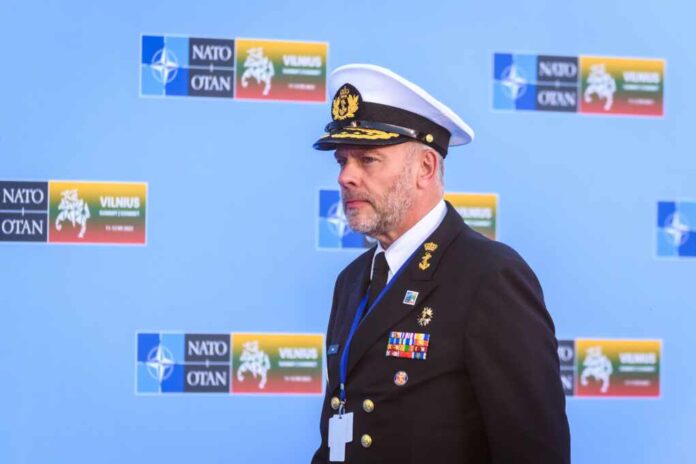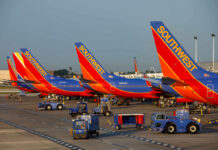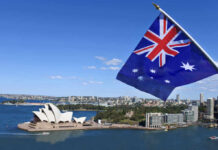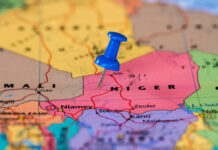
In an urgent call to the global community, Britain warns that the West is depleting its ammunition and weapon reserves as it continues to aid Ukraine in its conflict. This revelation highlights the unforeseen challenges the Western nations face due to years of underinvestment in defense stockpiles. With dwindling supplies, observers now wonder how long the West can sustain its support for Ukraine.
Armed Forces Minister James Heappey detailed the dire situation in a candid address at the Warsaw Security Forum. “Stockpiles are looking a bit thin,” Heappey admitted, emphasizing that despite the scarcity, the West cannot halt its support for Ukraine. The necessity to “keep the conveyor belt of munitions going east” remains paramount, but so does the pressing concern of “rebuilding our own stockpiles.”
Britain Warns West is Running Out of Weapons to Give Ukrainehttps://t.co/cO1fETsRAa
— Breitbart London (@BreitbartLondon) October 4, 2023
This supply chain bottleneck is attributed to a shift in defense procurement strategies after the Cold War. Instead of maintaining abundant, resilient weapon stockpiles, Western nations leaned toward more efficient, cost-saving measures. This “just-in-time” delivery system, mirroring civilian industry practices, worked well for low-intensity conflicts. However, as Heappey points out, this model falls short when “you need to be ready for a fight tomorrow.”
Admiral Rob Bauer, chairman of NATO’s Military Committee, echoed this sentiment, highlighting that weapons provided to Ukraine were not from full warehouses but “half full or lower.” He underscored the urgent need for the defense industry to “ramp up the production at a much higher tempo.”
The urgency of the situation isn’t solely a British concern. Despite NATO’s commitment, many of its members started supporting Ukraine with their ammunition stores already half-depleted. The alliance’s underinvestment in defense over the years has caught up with them at a time when Ukraine is firing thousands of shells daily, mainly sourced from NATO.
Heappey’s call to action was clear: NATO allies must honor their commitment to spend 2% of their GDP on defense. He asked poignantly, “If it’s not the time — when there is a war in Europe — to spend 2% on defense, then when is?” Heappey didn’t just emphasize the importance of maintaining aid to Ukraine and highlighted the need to rebuild the West’s reserves. “We have to keep Ukraine in the fight tonight and tomorrow and the day after,” he stated, suggesting that continued assistance is crucial in countering Russian advances.
Despite the challenges, Britain’s commitment to Ukraine remains unwavering. Heappey pointed out that the focus is on ensuring Ukraine remains equipped to resist aggressors. But the broader concern goes beyond the immediate conflict. As the world watches, a significant recalibration of defense procurement and stockpiling strategies is in order. The current crisis serves as a stern reminder of the perils of under-preparedness.
Reflecting on possible solutions, Heappey alluded to the potential of establishing offshore locations for Western armament factories that can be activated during wars. This proposal may be controversial but underscores the gravity of the situation and the lengths nations might need to go to ensure they’re never caught off-guard again.
The message from the Warsaw Security Forum was clear: The West needs to re-evaluate, reinvest and restructure its defense strategies. Meanwhile, the support for Ukraine by Western politicians is unwavering — for now.



























